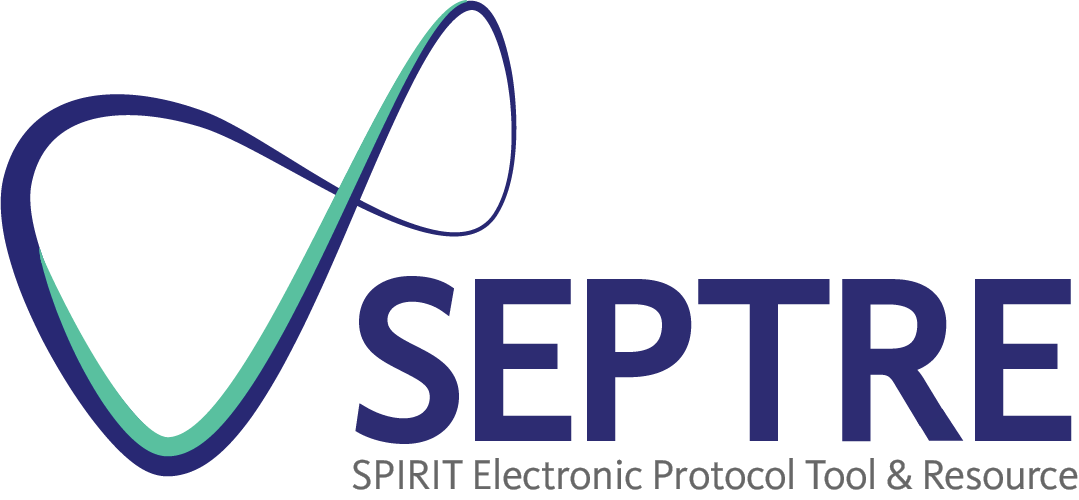Item 24: Plans for seeking research ethics committee/institutional review board (REC/IRB) approval.
Example
“This protocol and the template informed consent forms contained in Appendix II will be reviewed and approved by the sponsor and the applicable IRBs/ECs [institutional review boards/ethical committees] with respect to scientific content and compliance with applicable research and human subjects regulations . . .
The protocol, site-specific informed consent forms (local language and English versions), participant education and recruitment materials, and other requested documents — and any subsequent modifications — also will be reviewed and approved by the ethical review bodies (IRBs/ECs) . . .
Subsequent to initial review and approval, the responsible local Institutional Review Boards/Ethical Committees (IRBs/ECs) will review the protocol at least annually. The Investigator will make safety and progress reports to the IRBs/ECs at least annually and within three months of study termination or completion at his/her site. These reports will include the total number of participants enrolled . . . and summaries of each DSMB [Data Safety and Monitoring Board] review of safety and/or efficacy.” 287
Explanation
A universal requirement for the ethical conduct of clinical research is the review and approval of the research protocol by qualified individuals who are not associated with the research team and have no disqualifying competing interests as reviewers.1 The review is typically conducted by a formal REC/IRB in accordance with jurisdictional policy. Despite the importance of ethics review, approval by a REC/IRB is not always obtained. Among 767 trials published in leading general medical journals from 1993-95, 37 authors (5%) disclosed that such approval had not been sought for their trials.344 The protocol should document where approval has been obtained, or outline plans to seek such approval.
| 23: Auditing | 25: Protocol amendments |

